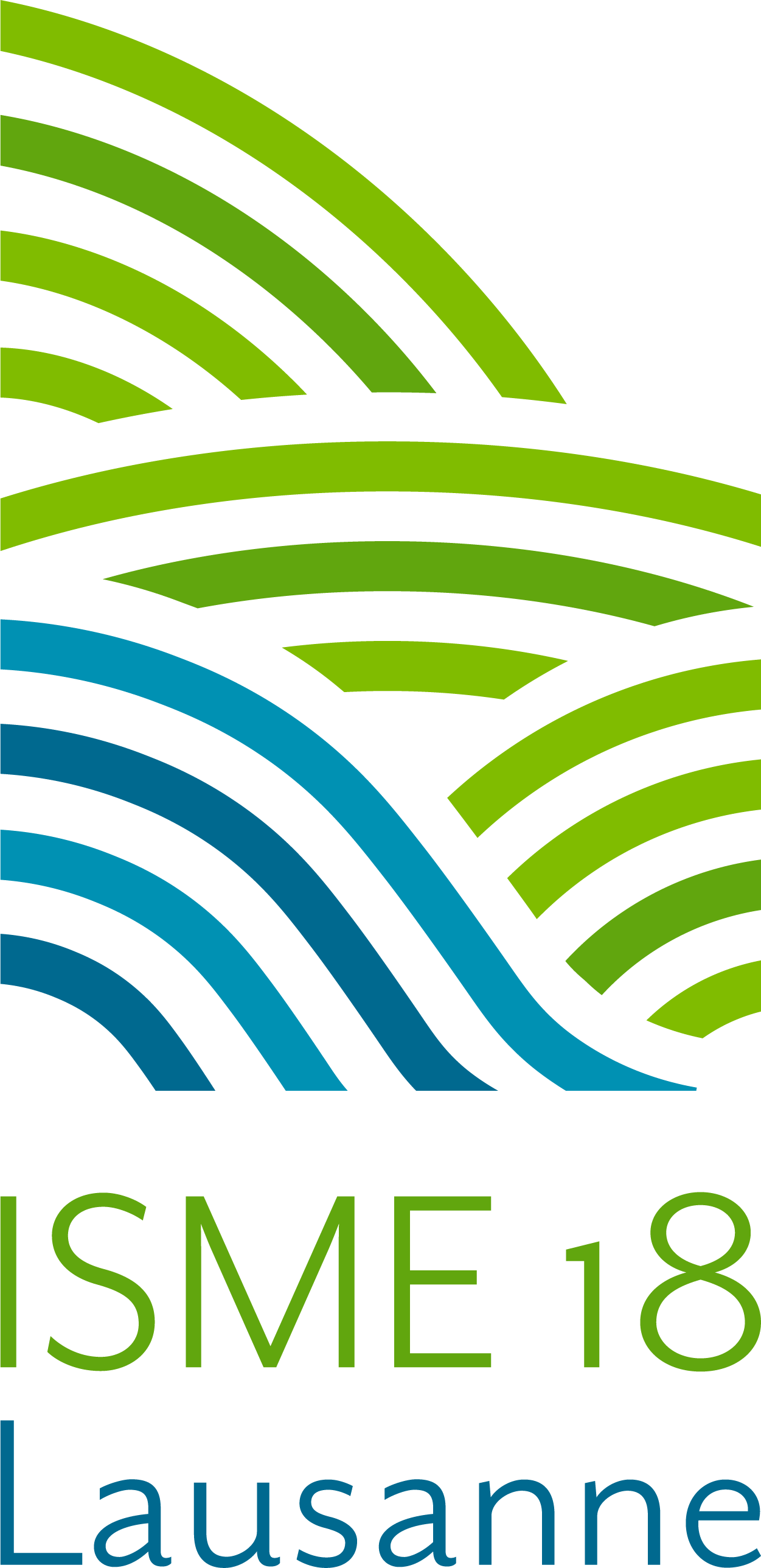PhD and Postdoc opportunities: Ecophysiology of Marine N2-fixers
The Algatech Centre, Institute of Microbiology of the Czech Academy of Sciences, is an internationally recognized centre for basic and applied research on microalgae, cyanobacteria and photosynthetic bacteria, funded in 1960 in Třeboň, Czech Republic (www.alga.cz). Research in the Laboratory of Photosynthesis is focused on the molecular biology, ecophysiology and biophysics of photosynthesis. We are looking for 2 Postdocs and 2 PhD students to join the Algal Ecophysiology group in two recently funded projects on the physiology and ecology of marine N2 fixing cyanobacteria:
- Energy costs of C and N metabolisms in unicellular cyanobacteria (PhD position)
Conventionally, nitrogen (N2) fixation is considered to be energetically costly since it requires free energy in the form of electrons and ATP to break triple bond of N2. In line of this reasoning, the non-diazotrophs that utilize more reduced N sources like NO3- or NH4+ outcompete diazotrophs. However, the detailed calculations show, that when compared with NO3- assimilation, the total free energy required for growth is similar in both cases. The aim of the PhD project is to experimentally quantify energy budget of unicellular diazotrophic cyanobacteria Crocosphaera and Cyanothece under relevant ecological conditions.
We are looking for a motivated PhD student who will perform laboratory experiments of growing cells in bioreactors and sampling for suite of physiological, metabolomic and biochemical analyses, including proteomics. Funding is available for at least 3 years, subject to satisfactory progress after initial period.
A BSc/MSc in Biological or Chemical Sciences with a focus on Marine Biology, Plant Physiology, Microbiology, Biophysics or related fields, as well as a profound interest in algal physiology are required. Experience in chlorophyll fluorescence techniques, protein biochemistry, stable isotope incubations and/or working with phytoplankton cultures is preferred, but additional training will be provided.
- Metabolic heterogeneity among unicellular diazotrophic cyanobacteria (Postdoc position)
Recent data from field sampling and laboratory experiments suggest that significant metabolic heterogeneity exists among individual cells of marine unicellular diazotrophic cyanobacteria (Crocosphaera or Cyanothece). Recent studies revealed that one part of cells perform photosynthetic carbon assimilation and nitrogen fixation, while other focus only on nitrogen fixation. Our metabolic modelling suggests that the intercellular heterogeneity provides ecological advantage to cellular consortia.
We are seeking for a motivated Postdoc who will study the regulation mechanism of intercellular metabolic heterogeneity under laboratory conditions preferably using molecular techniques (such as transcriptomics) with collaboration with combination of the state-of-the-art imaging and analytical techniques (nanoSIMS, MS, confocal microscopy) and immunolabelling and single-cell profiling. Funding is available for a 3-year full-time position, subject to satisfactory progress after initial period.
Experience and interest in ecophysiology, molecular biological and/or biochemistry of phytoplankton, are required. A PhD in Biological or Chemical Sciences with a focus on Marine Biology, Microbiology, Molecular Biology, Plant Physiology, or related fields, is required.
- Single-cell characterization of photosynthesis and N2 fixation in the filamentous cyanobacterium Trichodesmium (one Postdoc & one PhD position)
All N2-fixing cyanobacteria face the challenge of combining photosynthesis, which produces O2, with N2 fixation, which is inhibited by O2. This project aims at understanding how these two processes are separated on a single-cell level in the globally important filamentous cyanobacterium Trichodesmium.
PhD position:
We are looking for a motivated PhD student who will develop and apply techniques to investigate C- and N2-fixation at a single-cell resolution, including stable isotope incubations combined with Nanoscale Secondary Ion Mass Spectrometry (nanoSIMS) as well as Fluorescence Kinetics Microscopy (FKM) and immunocytochemistry. Funding is available for at least 3 years, subject to satisfactory progress after initial period.
A BSc/MSc in Biological or Chemical Sciences with a focus on Marine Biology, Plant Physiology, Microbiology, Biophysics or related fields, as well as a profound interest in algal physiology are required. Experience in chlorophyll fluorescence techniques, protein biochemistry, stable isotope incubations and/or working with phytoplankton cultures is preferred, but additional training will be provided. The position may include traveling for nanoSIMS analyses at collaborating institutes. Maximum age 35 years due to funder’s requirements (exceptions can be granted in case of career breaks due to parental leave, illness or similar).
Postdoc position:
We are looking for a motivated Postdoc who will develop and apply techniques to determine the expression and activity of photosynthesis and N2 fixation on the single-cell level, combining e.g. mRNA FISH, immunolabeling and nanoSIMS. Funding is available for a 2-year full-time position, subject to satisfactory progress after initial period.
A PhD in Biological or Chemical Sciences with a focus on Marine Biology, Microbiology, Molecular Biology, Plant Physiology, or related fields, is required. Experience in molecular biological and biochemical techniques and a profound interest in the physiology of microalgae/cyanobacteria are required. Further benefits are expertise in mRNA FISH, immunocytochemistry, stable isotope incubations and/or nanoSIMS. Maximum age is 35 years due to funder’s requirements (exceptions can be granted in case of career breaks due to parental leave, illness or similar).
Application process: For questions on the positions, please contact Prof. Ondřej Prášil (prasil@alga.cz) or Dr. Meri Eichner (eichner@alga.cz). To apply, please send a motivation letter, CV and two reference letters or contact details for references to prasil@alga.cz, cc to eichner@alga.cz. Review of applications will start on February 20th. Skype interviews will be conducted end of February / early March. Start date at the earliest convenience.
Work place: Algatech Centre currently employs > 80 researchers and students in all areas of algal research. The Laboratory of Photosynthesis is an international working group with active collaborations across Europe, the USA, Israel and Japan. We provide a friendly working environment, as well as assistance with the administrative aspects of moving to the Czech Republic and accommodation for the first months. Třeboň is a small town located in the south of the Czech Republic close to the Austrian border, in a rural setting about 2 h from Prague and 30 min from Ceske Budejovice, surrounded by UNESCO-protected lake-land area and forests offering plenty of hiking opportunities, as well as by historical towns renowned for their local breweries.
